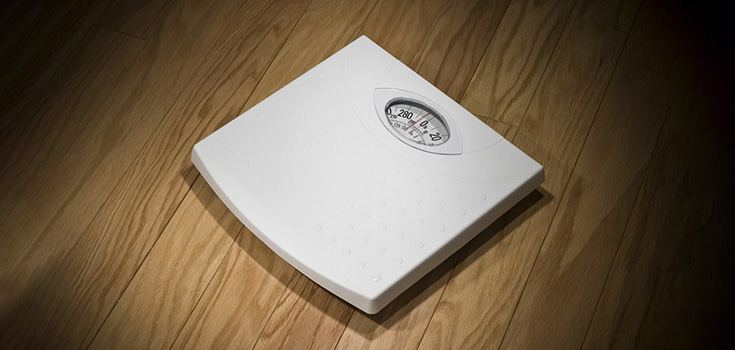Childhood Obesity Risks Underestimated by Parents

Parent’s often underestimate the seriousness of childhood obesity. With more than 1 in 6 American children being obese, we are seeing an increase in psychological and medical issues occurring in children. Parents, playing the most important role in their child’s development, need to start showing more concern over their children’s weight, a new poll suggests.
According to the Center for Disease Control, 18% of kids under the age of 19 are obese. Obesity is marked by someone with a body mass index (BMI) of 30 or greater. BMI is the measurement of body fat based on a ratio of height and weight, and since children don’t us the same exact scale as adults, doctors use a BMI-for-age growth chart to monitor obesity.
In order to gauge parents’ thoughts on the matter, a survey was given to 2,179 American adults, 728 of them already being parents. The adults were asked questions on the important of bringing the child to the doctor over the following conditions: overweight, skin problems, diabetes symptoms, and asthma. Here is the breakdown.
- 54% said it would be “very important” to bring their child to the doctor if overweight
- 53% said it would be “very important” to bring their child to the doctor over skin problems
- 81%said it would be “very important” to bring their child to the doctor if their child had symptoms of diabetes
- 80% said it would be “very important” to bring their child to the doctor if their child has symptoms of asthma
It isn’t too surprising, I suppose. Other than being overweight, parent’s don’t see much more going. What many don’t know is that being overweight leads to almost all other illness. What’s really going on inside the body is high blood pressure, prediabetes conditions, high lipids, and much more.
Here is the rest of the story reported from LiveScience.
Concern and solutions
But parents weren’t unconcerned with childhood obesity. Though they didn’t all rate it as “very important,” 82 percent of parents did say they would seek medical help for an overweight child. This was, however, less than the 94 percent who said they’d seek medical help for a child with a condition that would limit their life expectancy and the 93 percent who said they’d seek help for a childhood condition that would lead to later health care costs. Childhood obesity does both, Hampl pointed out…
…Both parents and nonparents cited parents as the group with the greatest role in preventing childhood obesity. But parents were more likely than nonparents to endorse an “it takes a village” approach to limiting childhood weight gain. About 81 percent of parents supported requiring healthy food choices in areas with vending machines, compared with 77 percent of nonparents. Likewise, 77 percent of parents supported insurance coverage of obesity treatment, compared with 69 percent of nonparents.
Parents also wanted to see more neighborhood sidewalks, with 76 percent supporting sidewalks in all neighborhoods versus 62 percent of nonparents. They supported tighter controls on children’s advertising, with 73 percent of parents advocating stronger regulations on food marketing to kids. About 67 percent of nonparents said the same. Parents were also more likely to support keeping fast food restaurants far from schools, with 60 percent saying they’d support limits on where such establishments could be built compared with 54 percent of nonparents.
Neither parents nor nonparents were very supportive of taxing junk food to discourage consumption, but parents viewed such policies slightly more favorably. About 39 percent of parents and 32 percent of nonparents supported taxing chips and sweets, while 42 percent of parents and 35 percent of nonparents supported taxing soft drinks as a way to combat childhood obesity.
